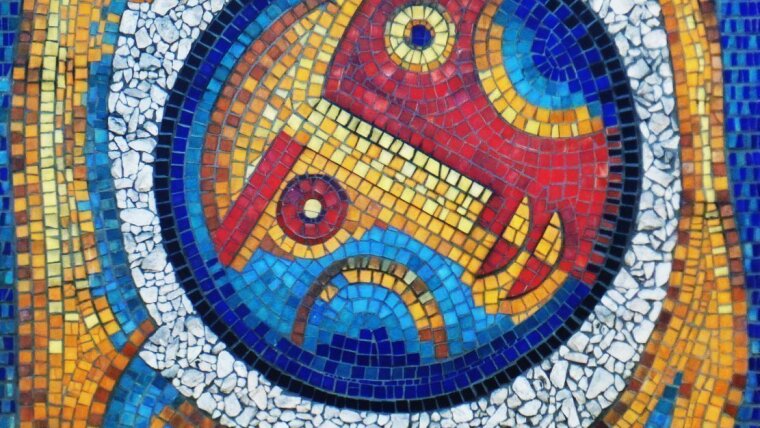
Our Network: Central Ideas
The war on Ukraine creates new pressures and new demands in Ukrainian studies. While there is a heightened sensitivity for Ukrainian affairs, research and teaching are facing serious obstacles. Due to the war, researchers have had to abandon their home and working environment and cease working on their projects. The academic community is being dispersed and there is a clear danger that scholars and students will be forced to leave their fields. When the situation stabilizes, it will be difficult to re-establish the infrastructure of institutions, human resources and research networks that are now being disrupted.
Building on prior activities of the Aleksander-Brückner-Zentrum für PolenstudienExternal link (Halle-Jena) and the Imre Kertesz KollegExternal link, we want to help alleviate this situation by constructing a network of Ukrainian and Western scholars collaborating on common projects. Within this network, we seek to provide possibilities for Ukrainian scholars both in Ukraine and in exile to continue and advance their research, while building local resources in Jena and other places and develop cooperation that will endure after the war has ended. The aim is thus to combine humanitarian aspects with a view to strengthen academic research and teaching in Ukrainian studies in difficult times.
We envision our network to be flexible to ensure its sustainability in the context of a largely unpredictable situation. It will be restructured as scholars return to Ukraine or relocate to other countries. In the light of established competences in Jena, we start with a focus on challenges in the fields of linguistics and (modern) history. Other fields may follow.
In linguistics, we focus on a digital philology of Ukrainian, combining computational, cognitive, and sociolinguistic perspectives. Ukrainian is a large and diverse European language that is spoken by at least 30 million people and poses intriguing sets of problems for research from a variety of perspectives - sociolinguistic, anthropological, grammatical, historical. Due to the political and societal marginalization of Ukrainian in the past, it is underrepresented in academic research and teaching. In comparison to other languages of this size and status, Ukrainian is still lacking in many computational resources such as corpora, taggers or other data sets and tools, even if much progress has been made in the last years. In the field of Ukrainian linguistics, we want to provide a space for research into Ukrainian, especially to develop computational resources for this language and provide learning opportunities for students and aspiring scholars.
In the field of history, we want to offer new opportunities for research and teaching of Ukrainian history in a European context. The rich history of Ukraine, where empires and religions intersect, and national projects develop conflicting responses to the challenges of modernity, is paradigmatic for an in-depth understanding of the European past and present. While recent research has highlighted its relevance for the genocidal dimensions of the 20th century, the potential of Ukrainian history for the study of transnational entanglements has remained largely unexplored. It also exemplifies the importance of a conceptual shift from the conventional scheme of geopolitical games of “great powers” to the detailed study of grass-root actors in the processes of democratization and decentralization in the region.
The members of our network are generously supported by a variety of grants that make their research stay here in Jena possible. Moreover, supported by the German Academic Exchange Service (DAAD)External link, we are currently offering online teaching to Ukrainian students in our fields.
Calendar of Event s– Summer Semester 2024:
-
10 April 2024 · 19:00—21:0010 April 2024 19:00—21:00
Calendar of Events – Winter Semester 2023/2024:
-
12 January 2024 · 16:00—19:0012 January 2024 16:00—19:00
-
20 December 2023 · 16:00—16:4520 December 2023 16:00—16:45
-
27 October 2023— 26 January 2024 10:00—16:0027 October 2023— 26 January 2024 10:00—16:00
-
12—14 October 2023 · 9:00—17:0012—14 October 2023 9:00—17:00
Calendar of Events – Summer Semester 2023:
-
19 July 2023 · 17:00—20:0019 July 2023 17:00—20:00
-
15 July 2023 · 18:00—20:0015 July 2023 18:00—20:00
-
2 July 2023 · 18:00—20:002 July 2023 18:00—20:00
-
29 June 2023 · 18:00—20:0029 June 2023 18:00—20:00
-
2 June 2023 · 14:00—17:002 June 2023 14:00—17:00






